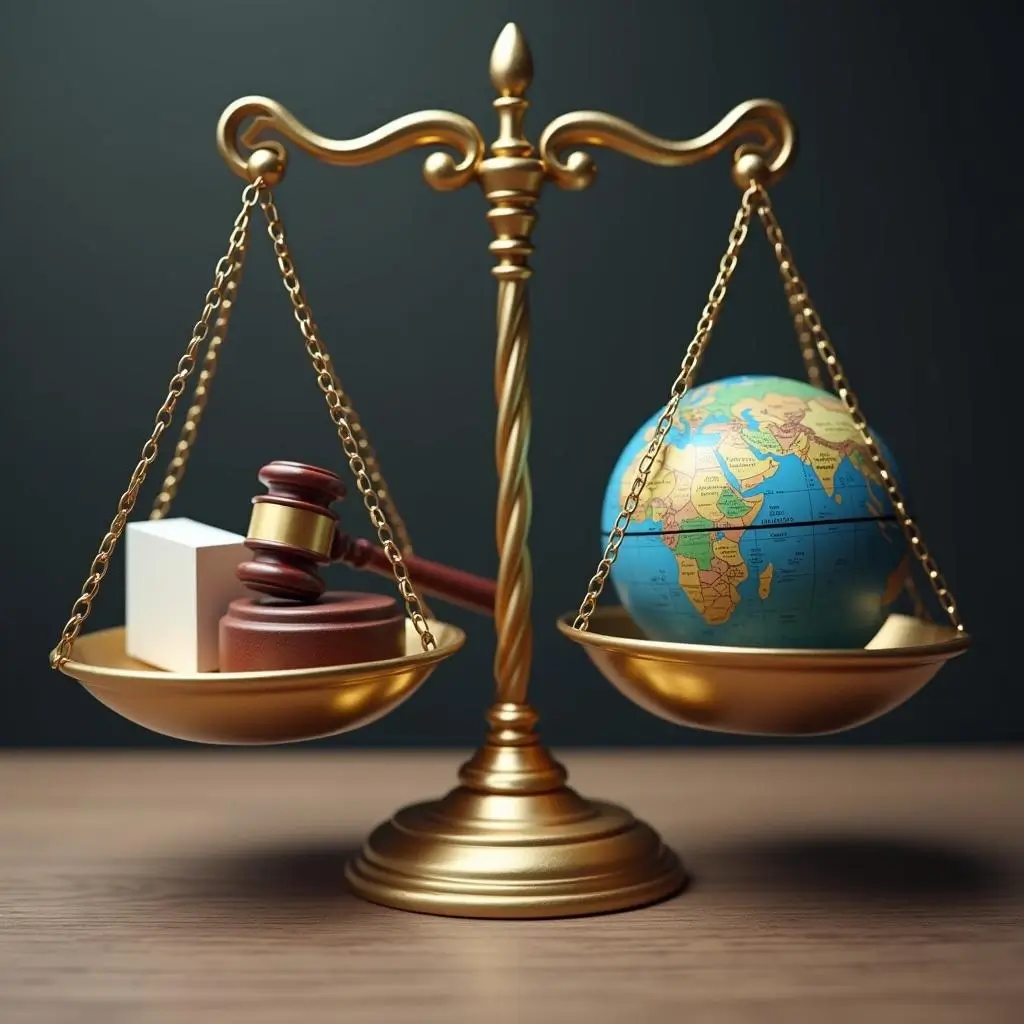The Nature of Political Power

Political power is the cornerstone of governance and societal organization. It determines who holds authority, how decisions are made, and the methods used to maintain control. Throughout history, political power has shaped civilizations and influenced the course of human development.
The acquisition of political power often involves a combination of strategy, charisma, and institutional support. Leaders throughout history have relied on alliances, propaganda, and sometimes coercion to secure their positions. This dynamic process highlights the adaptability and complexity of political systems.
Maintaining political power requires constant effort. Governments must balance public satisfaction, economic stability, and national security. However, history shows that unchecked power can lead to authoritarianism or corruption, prompting revolutions or reforms. The challenge lies in ensuring that power serves the people rather than oppressing them.
Today, the nature of political power is evolving. With the rise of social media, global interconnectedness, and public activism, traditional models of authority are being questioned. This transformation underscores the need for transparency, accountability, and inclusive governance in modern societies.
Today, the nature of political power is evolving. With the rise of social media, global interconnectedness, and public activism, traditional models of authority are being questioned. This transformation underscores the need for transparency, accountability, and inclusive governance in modern societies.
